PM Modi’s historic Kuwait visit elevates strategic bilateral ties
- Update Time : Monday, December 23, 2024
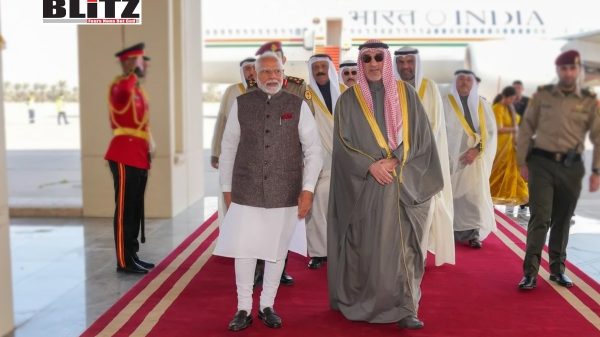
Prime Minister Narendra Modi’s two-day historic visit to Kuwait marks a significant milestone in India-Kuwait relations, with both nations reaffirming their commitment to deepening bilateral cooperation. This visit, the first by an Indian Prime Minister in 43 years, witnessed numerous momentous events, including the conferment of Kuwait’s highest civilian honour on PM Modi and the elevation of India-Kuwait ties to a strategic partnership.
On December 22, PM Modi was accorded a ceremonial guard of honour at Kuwait’s Bayan Palace, signifying the importance of his visit. During this occasion, Kuwait’s Amir Sheikh Meshal Al-Ahmad Al-Jaber Al-Sabah conferred upon him “The Order of Mubarak Al Kabeer,” Kuwait’s highest civilian honour. This prestigious award, a knighthood order, has previously been bestowed on global dignitaries such as Bill Clinton, Prince Charles, and George Bush, underscoring its significance as a symbol of friendship and respect.
This recognition is the 20th international honour for PM Modi, reflecting his global stature and India’s rising prominence on the international stage. In his acceptance, PM Modi expressed gratitude for the honour, highlighting the deep-rooted historical and cultural ties between the two nations.
PM Modi’s visit to Kuwait comes at the invitation of the Kuwaiti Emir Sheikh Meshal Al-Ahmad Al-Jaber Al-Sabah. It is a landmark event, as the last Indian Prime Minister to visit Kuwait was Indira Gandhi in 1981. During his stay, PM Modi engaged in extensive discussions with Kuwait’s top leadership, including the Emir, Crown Prince Sheikh Sabah Al-Khalid Al-Sabah, and his Kuwaiti counterpart.
The talks culminated in the elevation of India-Kuwait relations to a strategic partnership, reflecting a mutual commitment to enhancing collaboration in diverse fields. Key focus areas of discussion included information technology, pharmaceuticals, fintech, infrastructure, and security.
PM Modi described his meeting with the Emir as “excellent,” expressing optimism about the future of India-Kuwait relations. In a post on social media platform X, he wrote:
“Excellent meeting with His Highness the Amir of Kuwait, Sheikh Meshal Al-Ahmad Al-Jaber Al Sabah. We discussed cooperation in key sectors like pharmaceuticals, IT, FinTech, Infrastructure, and security. In line with the close ties between our nations, we have elevated our partnership to a strategic one, and I am optimistic that our friendship will flourish even more in the times to come.”
Kuwait is a critical trade partner for India, with bilateral trade valued at USD 10.47 billion in the financial year 2023-24. The Gulf nation is the sixth-largest supplier of crude oil to India, meeting 3% of the country’s energy needs. Additionally, Indian exports to Kuwait reached an unprecedented USD 2 billion, while investments by the Kuwait Investment Authority in India have exceeded USD 10 billion.
The strategic discussions during PM Modi’s visit are expected to further boost trade and investment between the two nations. Sectors such as fintech and IT present immense potential for collaboration, aligning with India’s technological advancements and Kuwait’s economic diversification goals.
External Affairs Ministry spokesperson Randhir Jaiswal emphasized the importance of the visit, stating that the discussions focused on exploring ways to elevate India-Kuwait ties to “new heights.” PM Modi also expressed gratitude to the Kuwaiti leadership for their support and welfare of the Indian community residing in Kuwait.
The vibrant Indian diaspora in Kuwait, numbering over one million, plays a vital role in strengthening the bond between the two countries. The Indian community has significantly contributed to Kuwait’s socio-economic development while serving as a bridge fostering mutual respect and understanding.
During his visit, PM Modi acknowledged the contributions of the Indian diaspora, expressing his gratitude to the Kuwaiti leadership for ensuring their welfare. He also highlighted the historical and cultural ties that bind the two nations, describing the relationship as multifaceted and rooted in mutual respect.
In a post on X, PM Modi wrote:
“India and Kuwait share multifaceted ties rooted in history, culture, and mutual respect. Our strong relations extend across energy, trade, and investments. We also have a vibrant Indian diaspora strengthening the friendship further.”
The relationship between India and Kuwait is steeped in history and shared cultural heritage. Over the years, the two nations have maintained close ties, underpinned by trade, energy cooperation, and people-to-people connections.
Kuwait’s role as a reliable energy partner for India and its strategic location in the Gulf region make it a crucial player in India’s foreign policy framework. Simultaneously, India’s growing technological prowess and diversified economy present opportunities for collaboration that benefit both nations.
The elevation of India-Kuwait relations to a strategic partnership marks a new chapter in their bilateral ties. This development is expected to pave the way for enhanced cooperation in areas such as infrastructure development, digital transformation, and security.
The focus on security cooperation is particularly significant, given the shared challenges posed by regional instability and global security threats. Both nations have expressed their commitment to working together to address these challenges, reinforcing their strategic alignment.
PM Modi’s historic visit to Kuwait underscores the importance of India-Kuwait relations in a rapidly evolving global landscape. By fostering stronger economic, cultural, and strategic ties, the visit lays the groundwork for a deeper partnership that promises mutual growth and development.
As the two nations chart a new course in their relationship, the emphasis on collaboration across diverse sectors signals a shared vision for the future. With strong leadership and a commitment to mutual prosperity, India and Kuwait are poised to achieve new milestones in their enduring friendship.


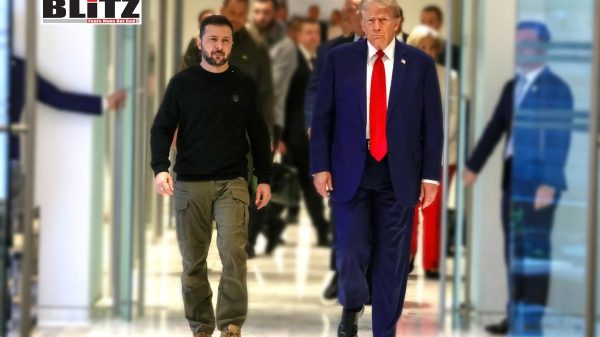
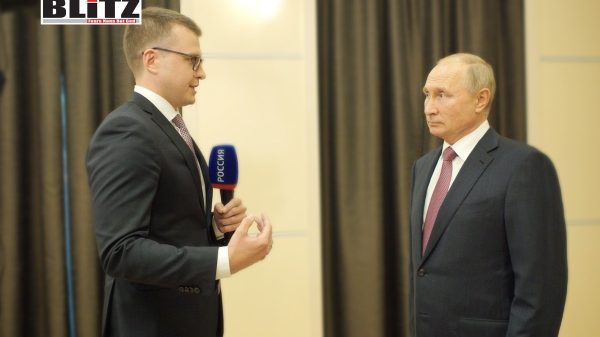
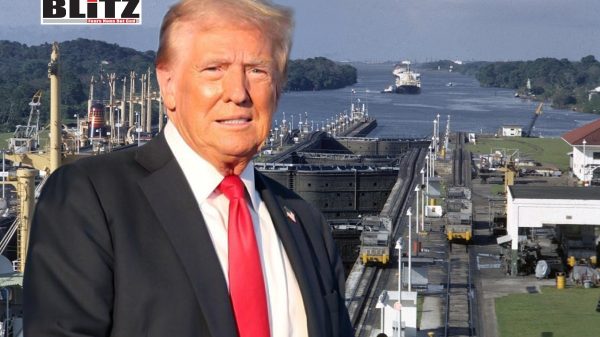
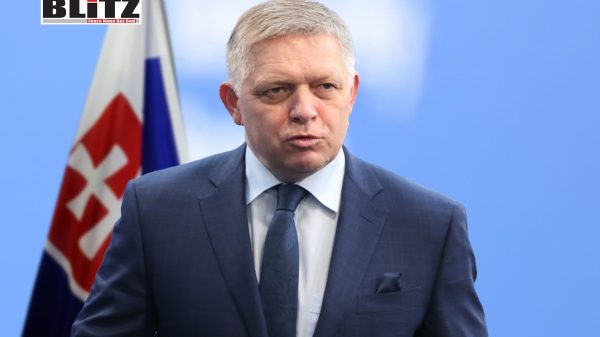
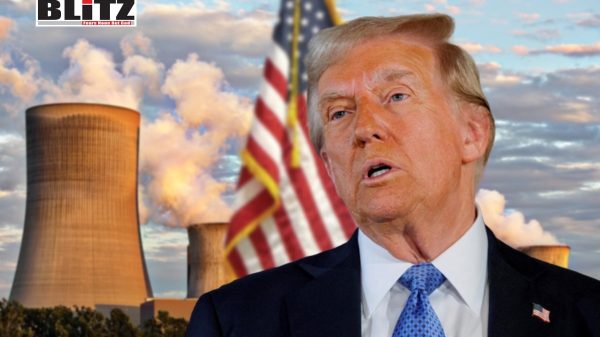
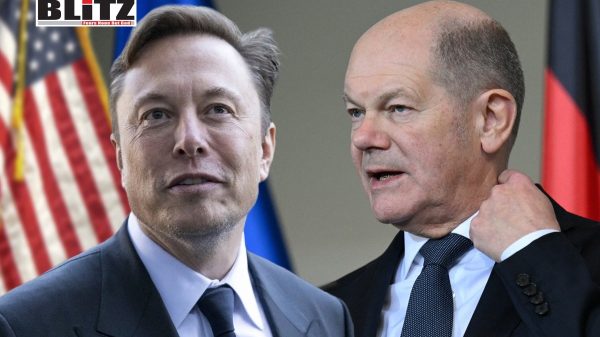
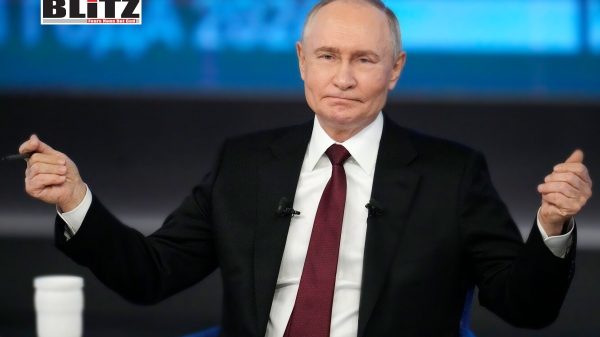
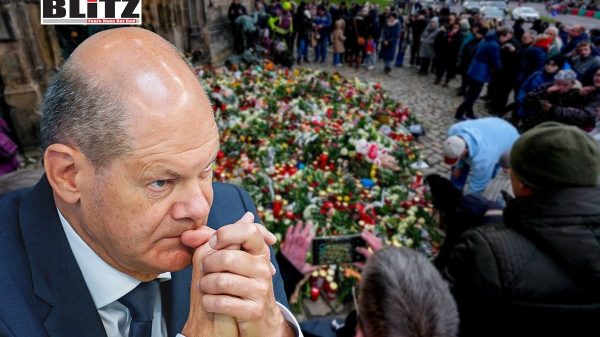
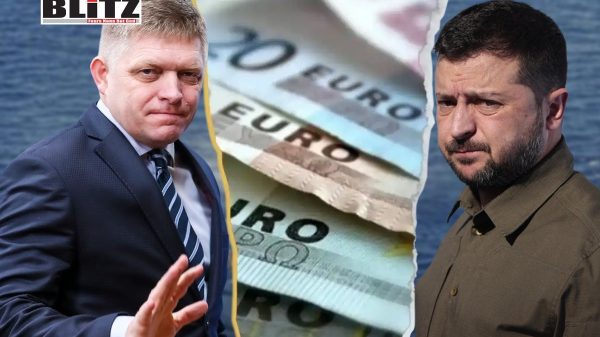
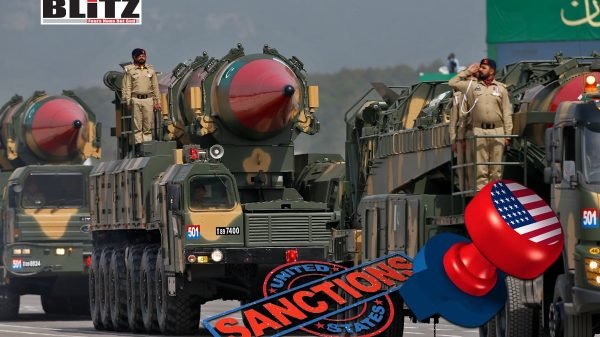

Leave a Reply